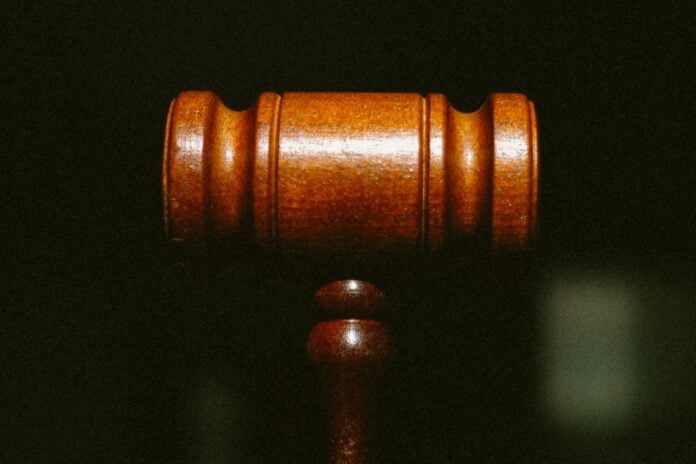Crypto news: In a crucial legal showdown, the North American Securities Administrators Association (NASAA), which represents the state’s securities regulators, has expressed its firm opposition to Coinbase request for special treatment against the United States Securities and Exchange Commission (SEC).
NASAA’s position underscores the crucial question of whether digital assets should be subject to uniform securities regulations.
Summary
A state securities regulator opposes special treatment of crypto assets in Coinbase vs SEC case
In the ongoing legal battle between the US Securities and Exchange Commission (SEC) and Coinbase, the North American Securities Administrators Association (NASAA) has taken a firm stand against the idea that digital assets should receive special treatment under securities laws.
NASAA, which represents state securities regulators across North America, argues that the SEC’s actions against Coinbase are neither new nor extraordinary and that securities laws should be applied uniformly to digital assets.
This article explores NASAA’s arguments and the implications for the cryptocurrency industry.
Uniform application of securities laws
In a filing on 10 October in the US District Court for the Southern District of New York, NASAA expressed support for the SEC’s lawsuit against Coinbase, refuting the exchange’s claims that digital assets should be exempt from securities regulation.
NASAA General Counsel Vincente Martinez said the SEC’s position is in line with the agency’s longstanding public position and remains within the confines of established law.
In addition, NASAA stressed that the SEC does not need explicit congressional authorization to apply securities laws to digital assets. This argument is particularly pertinent in light of the current lawsuit, which is based on the interpretation of the Howey test.
A central aspect of the dispute between the SEC and Coinbase is the application of the Howey test, a legal framework used to determine the existence of an investment contract.
Coinbase argues that digital assets do not meet all the criteria of this test, seeking to establish their unsecured status.
However, NASAA’s Martinez argues that Howey’s test is adaptable enough to include technological advances in securities markets, including assets bought and sold on blockchain networks. This perspective is in line with previous SEC assertions.
Martinez strongly recommends that the court reject Coinbase’s attempt to limit the application of established legal frameworks, stating that digital assets should not be treated as special entities exempt from the regulatory obligations shared by all participants in domestic securities markets.
Challenging the “big issues doctrine”
Coinbase invoked the “big issues doctrine” to argue that enforcement agencies, such as the SEC, should obtain congressional approval when addressing issues of significant political or economic impact.
NASAA responds critically to this argument, pointing out that the economic importance of the digital asset sector is overstated.
Martinez notes that most digital assets have no practical economic utility or widespread adoption beyond speculative purposes. These assets are rarely accepted as payment for goods and services and cannot be used to fulfill government obligations, such as taxes or fees.
As an asset class, digital assets lack significant economic utility, making it doubtful that the “digital asset sector” can be established as a substantial component of the U.S. economy.
In line with the SEC’s position, NASAA submitted its position to the court, asking it to deny Coinbase’s request to dismiss the lawsuit.
NASAA consists of 68 members, including the securities regulators of all 50 U.S. states, as well as those of Canada, Mexico and several U.S. territories.
Conclusion
The opposition of NASAA, which represents state securities regulators throughout North America, to Coinbase’s claim to give digital assets special status in the eyes of securities laws carries significant weight.
NASAA’s argument underscores the importance of uniform enforcement of securities regulations, highlighting the adaptability of legal frameworks such as the Howey test to technological advances.
The ongoing legal battle between the SEC and Coinbase will eventually shape the regulatory landscape of digital assets, impacting the entire cryptocurrency industry.




